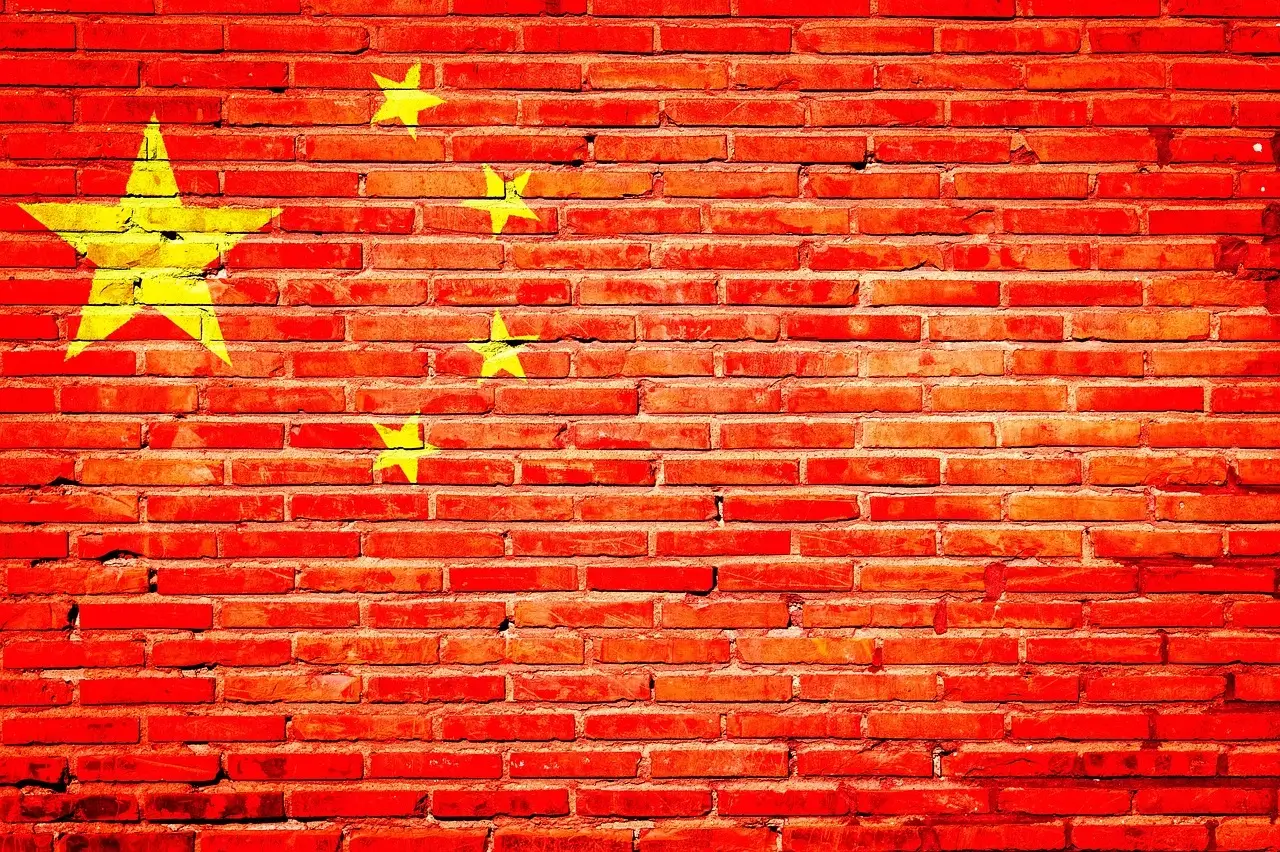Chinese Judge Issues Stark Warning on Cryptocurrency Amid Ongoing Legal Uncertainty
21.11.2024 12:30 1 min. read Kosta Gushterov
A judge in Shanghai's People's Court recently clarified China's legal stance on virtual currency through an article on the court's WeChat account.
Her remarks, stemming from a 2017 business dispute, offer insight into the country’s uncertain cryptocurrency regulations.
In the case, an agricultural company sued an investment firm for failing to deliver a cryptocurrency token despite a 300,000 yuan ($44,400) payment. The court ruled that both parties were at fault, with the investment firm ordered to return 250,000 yuan.
Judge Sun Jie stated that while virtual currencies aren’t illegal to hold, they should be considered virtual commodities with property attributes, not legal tender. She emphasized that commercial entities are prohibited from engaging in virtual currency investments or issuing tokens.
The judge also warned about the risks of virtual currencies like Bitcoin, which could disrupt financial systems and facilitate illegal activities such as money laundering, fraud, and pyramid schemes. She cautioned individuals and businesses against participating in cryptocurrency transactions, as they might lack legal protection.
China’s crackdown on virtual currency exchanges began in 2017, and in 2021, authorities tightened restrictions, though personal crypto ownership remains legal.
-
1
Why the EU’s Crypto Laws Need a Reality Check
10.10.2025 12:00 2 min. read -
2
New AI Rules Could Push Mining Hardware Prices Even Higher
11.10.2025 22:30 2 min. read -
3
IRS Issues New Interim Guidance to Ease Corporate Minimum Tax Compliance
01.10.2025 17:59 2 min. read -
4
Bank of England Plans Stablecoin Exemptions to Boost UK Crypto Competitiveness
08.10.2025 12:21 1 min. read -
5
India’s Crypto Tax Enforcement Heats Up With Binance Users in the Crosshairs
12.10.2025 11:00 2 min. read
Revolut Gets Green Light in Europe – Millions of Crypto Users Set to Benefit
Revolut is taking a major step into the European crypto market after securing regulatory approval in Cyprus, giving it the green light to operate across all 30 countries in the European Economic Area.
EU Targets Russian Crypto Lifeline With Sweeping New Sanctions
The European Union has rolled out its 19th sanctions package against Russia, this time taking aim at the country’s growing use of digital assets to sidestep financial restrictions.
Crypto Executives Confront Angry Senators as Regulation Talks Turn Chaotic
Efforts to bring digital asset regulation to Capitol Hill reached a breaking point this week when top crypto executives met with Senate Democrats in a closed-door session marked by frustration and political finger-pointing.
Elizabeth Warren Slams Trump’s Stablecoin Law: “A Disaster Waiting to Happen”
Senator Elizabeth Warren has taken aim at the recently passed GENIUS Act, a law she argues gives crypto firms far too much freedom and leaves the U.S. financial system exposed.
-
1
Why the EU’s Crypto Laws Need a Reality Check
10.10.2025 12:00 2 min. read -
2
New AI Rules Could Push Mining Hardware Prices Even Higher
11.10.2025 22:30 2 min. read -
3
IRS Issues New Interim Guidance to Ease Corporate Minimum Tax Compliance
01.10.2025 17:59 2 min. read -
4
Bank of England Plans Stablecoin Exemptions to Boost UK Crypto Competitiveness
08.10.2025 12:21 1 min. read -
5
India’s Crypto Tax Enforcement Heats Up With Binance Users in the Crosshairs
12.10.2025 11:00 2 min. read
A Chinese government employee, referred to as Wang, has received a life sentence for espionage after being convicted of leaking state secrets to a foreign operative.
Capital outflows from the Chinese stock market have reached historic levels, with a staggering $4.1 billion exiting the market in just one week—the highest amount in over nine years.
Digital assets are gaining ground in corporate finance strategies, as more publicly traded companies embrace cryptocurrencies for treasury diversification.
A new analysis from China’s International Monetary Institute (IMI) suggests that Bitcoin is quietly gaining ground as a serious player in the global reserve system.
The Chinese yuan has recently strengthened against the US dollar, reaching its highest midpoint level for July.
Bitcoin recently pulled back slightly from its near $66,000 high but remains above $60,000, a key milestone that could signal the beginning of a major rally.
A surprising signal of crypto’s quiet advance in mainland China has emerged—this time from the kitchen.
Bitcoin miner Cipher Mining is reportedly exploring a potential sale following interest from potential buyers, according to Bloomberg.
Cipher Mining Inc. (NASDAQ: CIFR) has signed a landmark 10-year hosting agreement with AI cloud platform Fluidstack, locking in roughly $3 billion in contracted revenue and positioning itself as a major player in the high-performance computing (HPC) data center sector.
Circle, the company behind the USDC stablecoin, has officially taken a major step towards going public by filing for an initial public offering (IPO) with the U.S. Securities and Exchange Commission (SEC).
Crypto markets welcomed a major policy breakthrough this week as the U.S. Senate passed the GENIUS Act, a bill designed to regulate stablecoins across the country.
A new partnership between Circle and Finastra could reshape how banks handle international money movement.
The Hyperliquid ecosystem is set to expand its onchain financial capabilities with the upcoming launch of native USDC and Cross-Chain Transfer Protocol (CCTP) V2.
Circle, the company behind the USDC stablecoin, is optimistic about the mainstream adoption of stablecoins as a key component of digital finance.
Circle CEO Jeremy Allaire believes that stablecoins are on track to become a globally regulated financial infrastructure.
Circle CEO Jeremy Allaire believes the crypto industry has not yet seen its most significant developments.
Circle CEO Jeremy Allaire believes that President Donald Trump’s administration could play a pivotal role in expanding the integration of digital assets within traditional banking systems.
Circle’s CEO, Jeremy Allaire, has emphasized the need for a definitive stance on cryptocurrency from Kamala Harris, the Democratic presidential nominee.
Sean Neville, co-founder of Circle and current CEO of Catena Labs, has launched a bold new venture aimed at building a financial system built specifically for the age of artificial intelligence.
Stablecoin issuer Circle has rejected speculation about a potential acquisition, firmly denying claims that it has held informal talks with Coinbase or Ripple regarding a sale.


